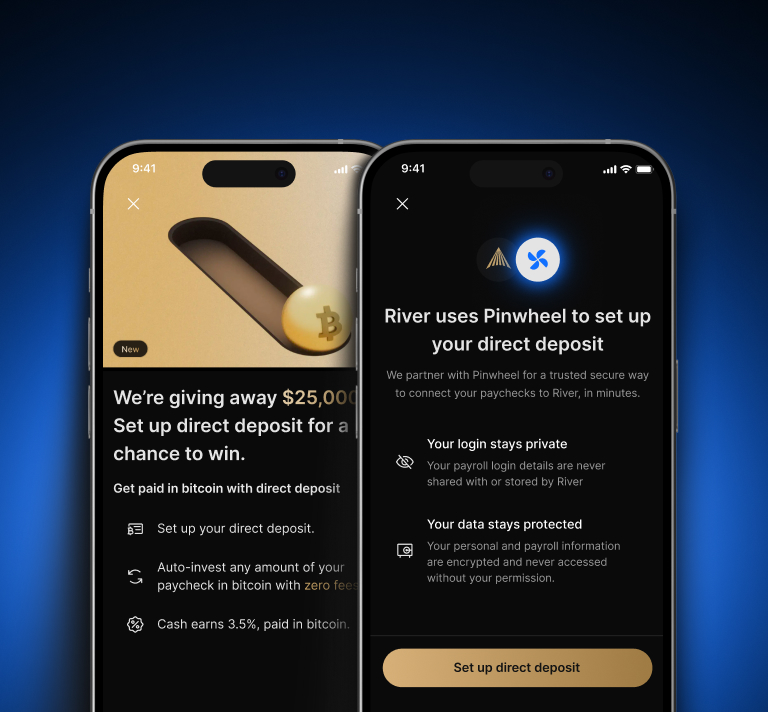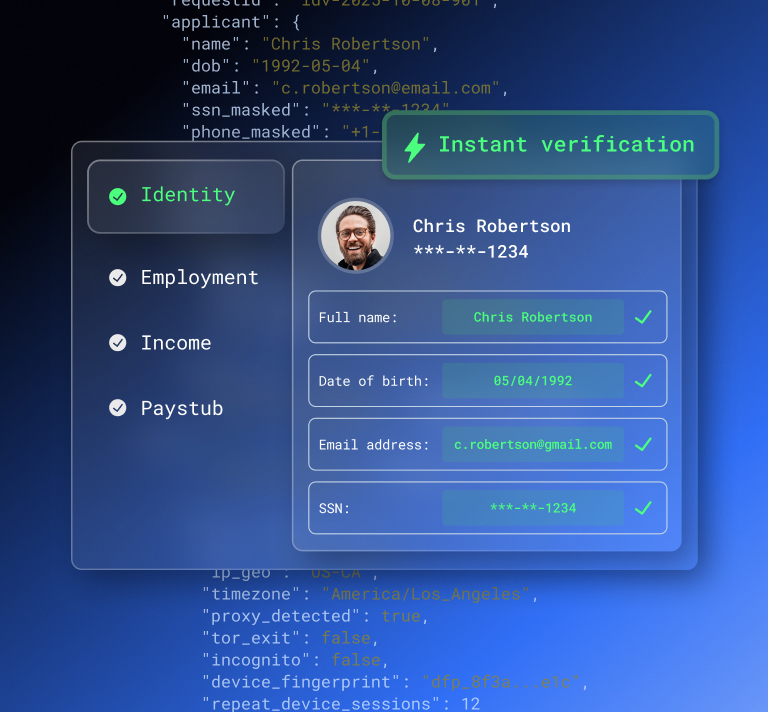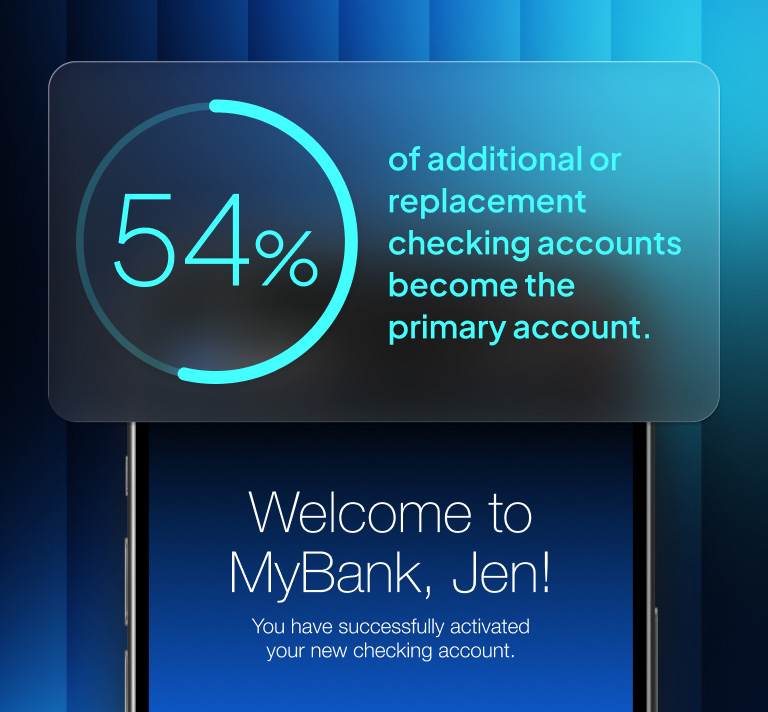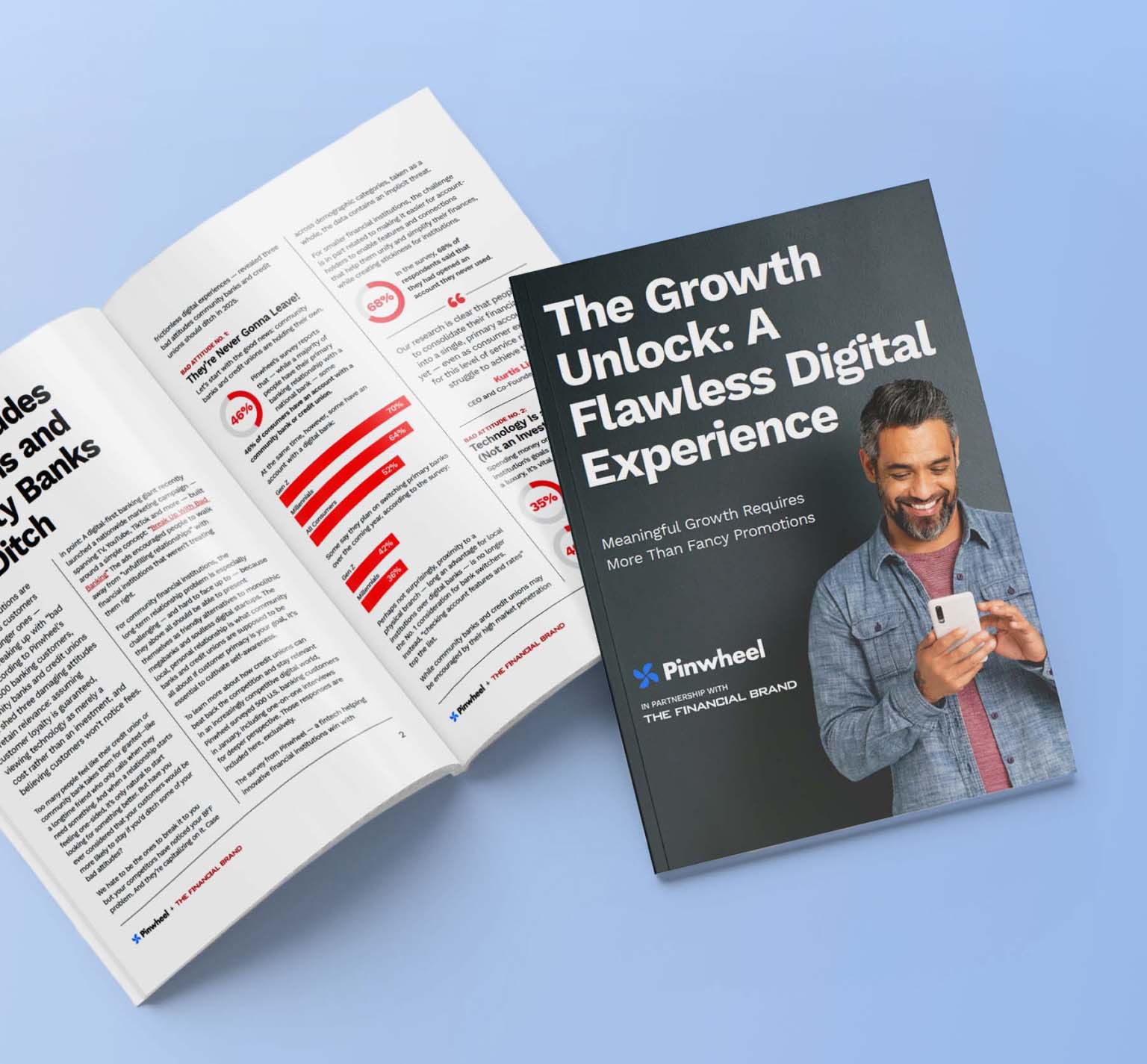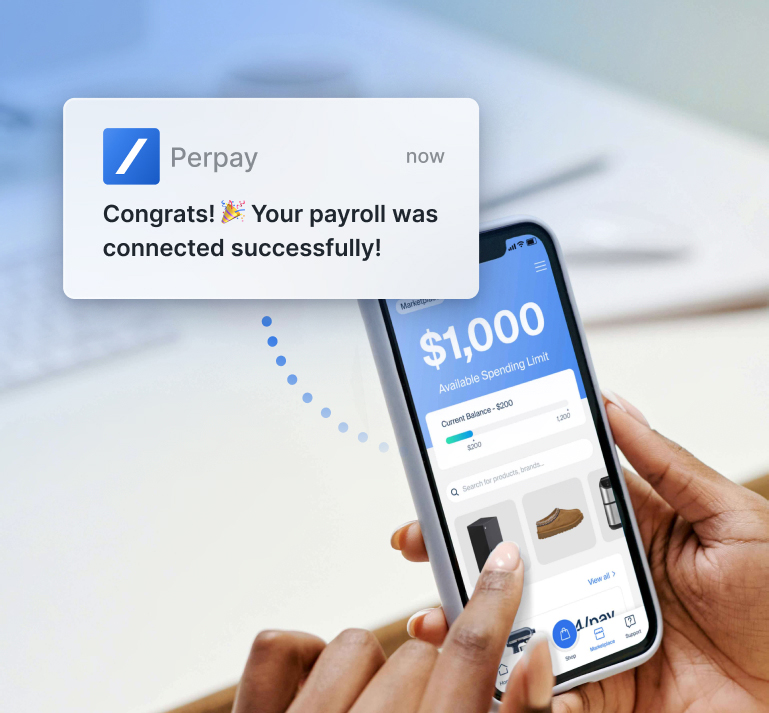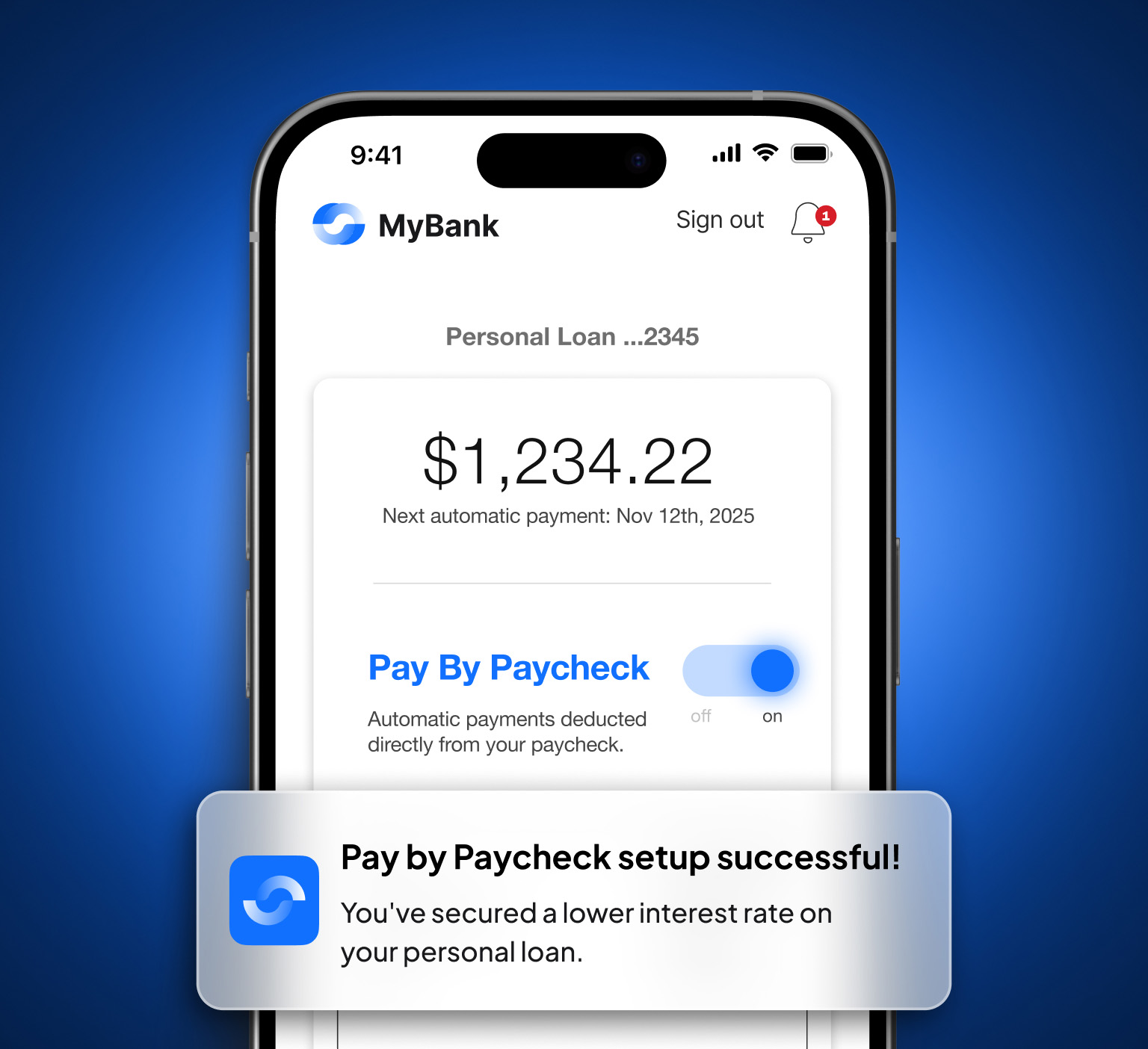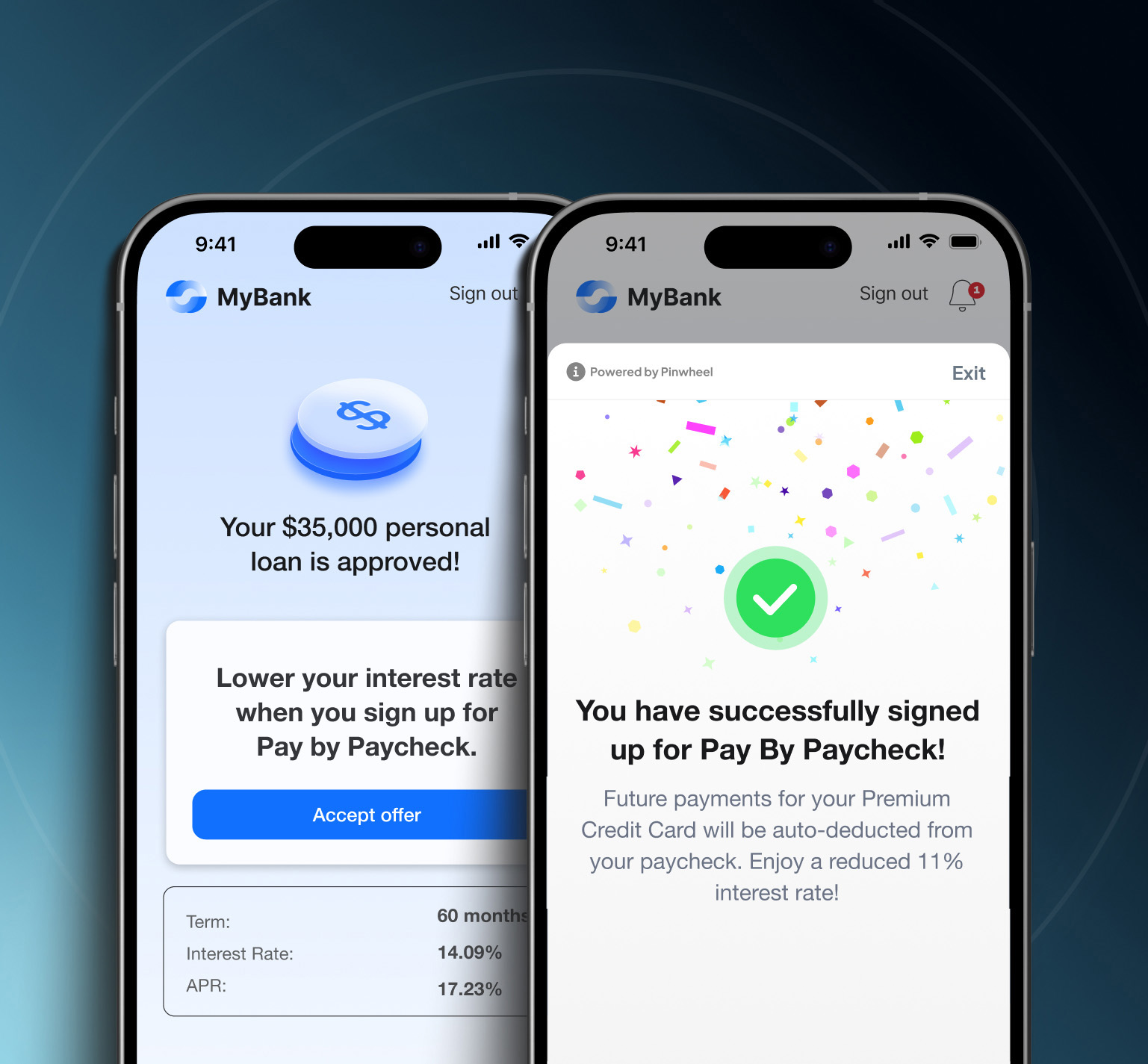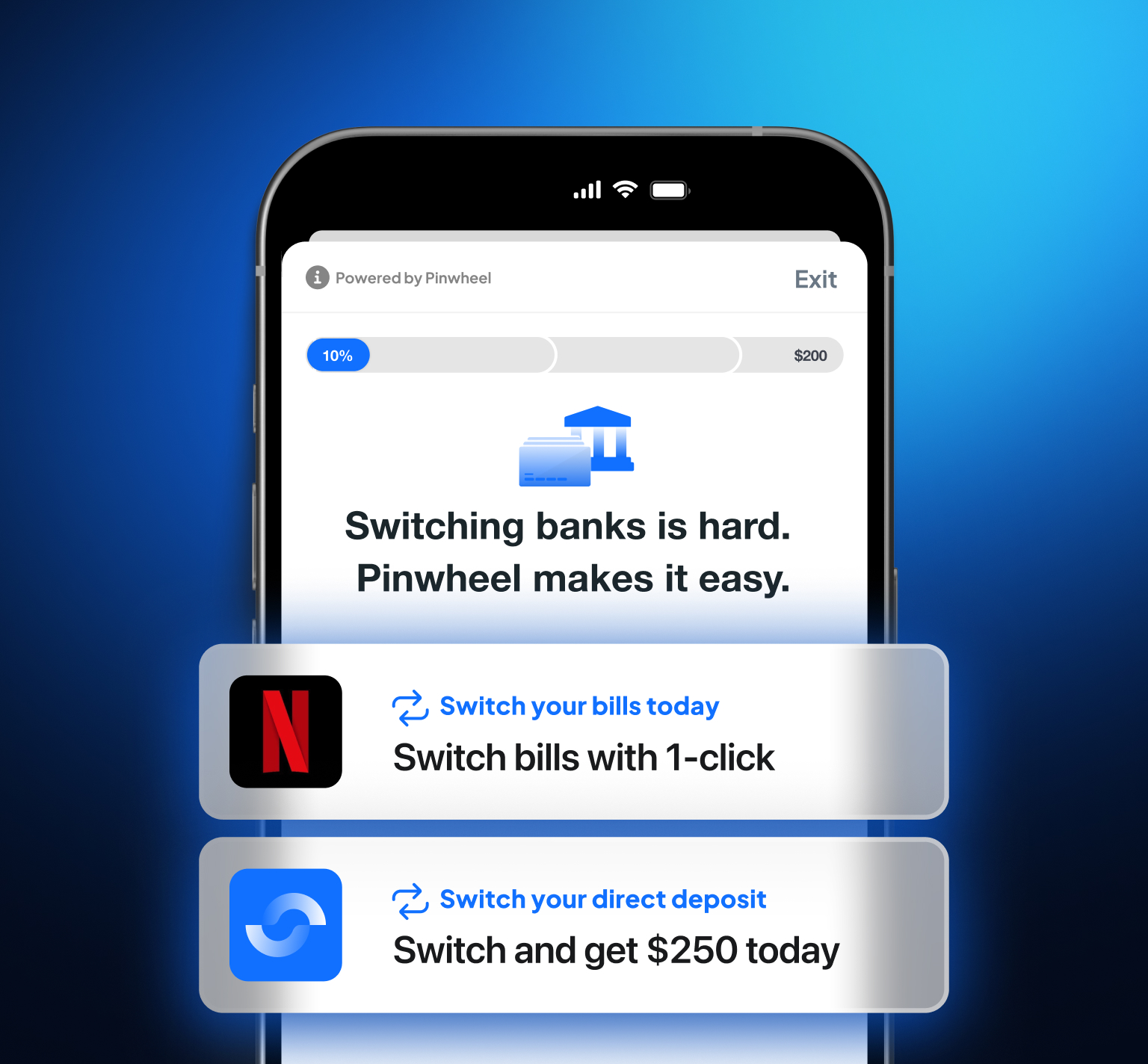Going into 2023, 40% of banks and 63% of credit unions have deployed APIs. APIs in banking allow financial service providers to receive and transfer data from third parties, which has enabled many new tools and services to take shape.
Payroll connectivity APIs offer numerous benefits to startup fintechs and financial institutions alike. From automating deposit switching and income verification to providing real-time income insights, these APIs help you reduce operational costs, grow deposits, decrease default risk, and develop new products.
However, not all payroll connectivity APIs are built the same. Before deploying one, you should carefully evaluate the provider based on coverage, conversion, implementation approach, data security, and regulatory compliance.
Coverage and conversion
Coverage and conversion are the first set of criteria to consider before implementing a payroll connectivity API.
Coverage refers to the number of payroll and other income platforms that the API can connect to and retrieve customer data from. Insufficient coverage means that fewer customers will be able to access the API-powered tool or service in your app, like automated direct deposit switching or sharing access to their income data. Ideally, you want the API to cover at least 80% of consumers.
Beyond coverage, there are other factors that contribute to conversion rates. For example, Pinwheel recently switched to an API-based solution for the infrastructure that hosts our user interface. Immediately after the switch, we saw a 10% increase in conversion. We’ve also developed smarter employer mappings to make it easier for users to find their employer or payroll platform, which improved conversion by another 25%.
Implementation approach
Faster development of new features and products is one of the most important advantages of fintech APIs. For example, with a payroll connectivity API, you can automate deposit switching in weeks. But speed isn’t the only thing that matters. A consultative implementation approach will help you adjust the API to your needs and successfully tackle any issues along the way.
Liz Jacobs, implementation manager at Pinwheel, explains how this process works:
“Our customers tell us how they want the Pinwheel product to work with their app, what their goals are, and we provide guidance and recommendations to help each customer on a case by case basis. Because we have years of experience with customers of all sizes, we are able to help new customers by learning from the past and building best practices into our daily work.”
Consultative implementation helps you avoid an inefficient, one-size-fits-all approach. A fintech startup doesn’t operate like a big financial institution, so look for flexible implementation that can adapt to your organization. For example, large banks might prefer a no-code solution that doesn’t require any engineering resources.
Once the API is implemented, the next step is to market the new feature to your customers, whether it’s deposit switching or automated income verification. Implementation managers can also help you in this regard by providing helpful marketing resources.
Information security and compliance
Payroll connectivity APIs transfer sensitive customer information from payroll platforms to your app. As such, they need a strong security strategy to prevent data breaches.
Before implementing a payroll connectivity API, carefully assess the provider’s security credentials. Security certifications like SOC 2 Type 2 and ISO 27001 are crucial, but so are less visible aspects of the security strategy, such as the team itself. A data security team helmed by a chief information security officer (CISO), for example, improves risk management in several ways.
“A CISO can help an organization to identify, assess, and manage risks to its technology systems and data, which can help to prevent costly security incidents and data breaches,”
explains Jeff Hudesman, CISO at Pinwheel.
Independent security assessments and regular penetration testing are also critical aspects of data security. When a team of third-party experts performs a detailed security analysis, they can expose potential gaps in the security system before bad actors can take advantage of them.
The same goes for penetration testing, which is “the process of methodically hacking into your system and network to identify and expose as many vulnerabilities as you possibly can, from multiple vantage points. Ethical hackers and security researchers perform these tests with our full knowledge and authorization. This enables us to find security issues and quickly remediate them,” says Pinwheel’s CISO.
Regulatory compliance is another important consideration. Payroll connectivity APIs are a relatively new solution, but this doesn’t mean they can skirt the responsibility of complying with the Fair Credit Reporting Act (FCRA), which regulates the collection and use of consumer credit information.
If you use a payroll connectivity API to access customer data for an FCRA-permissible purpose, such as providing credit, you need to make sure that the API provider is also a Consumer Reporting Agency (CRA). Otherwise, you could be on the hook for any potential FCRA violations.
What does Pinwheel’s API bring to the table?
Since 2018, Pinwheel has been dedicated to developing the best API for payroll connectivity. Our coverage is currently the highest in the industry at 1,700 payroll and income platforms, spanning 80% of US consumers.
Today, we help finance industry leaders like Cash App, Acorns, and Credit Karma automate direct deposit switching and income verification, gain access to real-time income data insights, and easily retrieve tax forms.
From the start, we’ve invested in strong information security measures and regulatory compliance. We were the first CRA in the payroll connectivity space, and we are still the only one with a CISO. Our team consists of top talent from the banking and financial technology industry, which has given us a unique understanding of our customers’ needs.
No two financial service providers are the same, so we emphasize a collaborative approach to implementing and using Pinwheel’s technology. This allows our customers to make the most of our API and even develop entirely new products and services.
Contact us to learn more about how you can leverage Pinwheel in your financial app.



.svg)
.svg)




